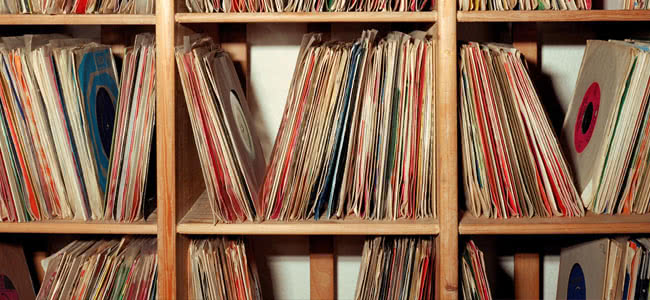After years as an inexplicably booming sector of the recorded music market, it looks like the vinyl bubble may have finally burst. After experiencing an incredible peak last year, vinyl revenue is beginning to fall.
As Pulse Radio reports, new data from the Recording Industry Association of America (RIAA) shows vinyl sales in the US have fallen for the first time in a decade after hitting their highest value since 1988.
The ‘vinyl boom’, as it had come to be known, was a confounding phenomenon that many argued was a result of consumers craving a deeper connection to their music and others, including Neil Young, wrote off as hipsterdom gone mad.
It seems the latter camp may be right. Vinyl brought in USD$416 million in revenue last year, but figures are down considerably this year. Vinyl has seen sales of just USD$207.1 million in the first half of 2016, compared to USD$221.1 million in the first half of last year.
If this dip continues it would confirm that the vinyl boom had simply been a passing fad and those overworked vinyl pressing plants may finally be seeing a respite from the backed-up orders they’ve been experiencing.
Of course, it’s difficult to tell at this point just why vinyl revenue is down. Part of the reason may be a lack of big-name vinyl releases, such as Jack White’s Lazaretto or Arctic Monkeys’s AM – both big sellers on vinyl.
Even Taylor Swift’s 1989 was a well-selling vinyl record. But with a lack of big vinyl releases, revenues could certainly drop. Another big contributor to the vinyl revival is Record Store Day and this year’s event may have received less fanfare than previous years.
What’s most interesting, however, is that the decline in vinyl sales coincides with an overall growth in recorded music revenue. As we recently reported, the music industry has experienced its first year-on-year growth since the ’90s.
However, that growth was not fuelled by physical formats like vinyl and CD, but by streaming services, which continue to grow in ubiquity among consumers, even supplanting digital sales as the preferred method of music consumption for listeners.




































